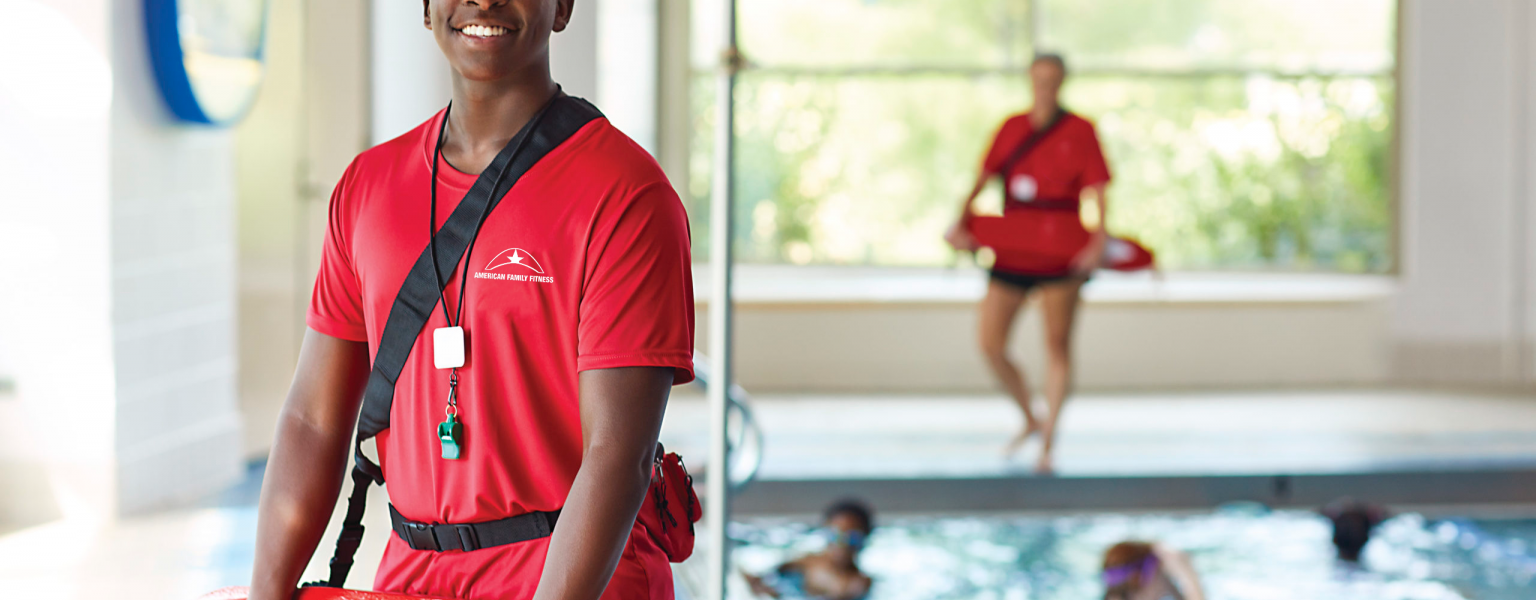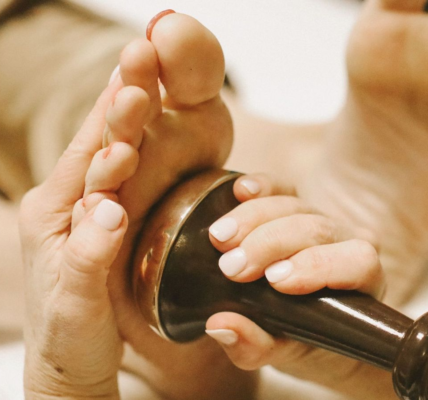Ever thought about becoming a lifeguard? It’s more than just sitting in a high chair with sunglasses on it’s about saving lives, ensuring safety, and gaining a set of valuable skills that can last a lifetime.
If you’re wondering, “Are there any lifeguard class near me?” you’re in the right place. This guide will walk you through everything you need to know about finding and enrolling in lifeguard classes, with a special focus on the reputable American Lifeguard USA.
Why Become a Lifeguard?
Being a lifeguard offers a blend of personal satisfaction and professional development. Not only do you get the chance to save lives and keep swimmers safe, but you also build leadership skills, physical fitness, and a strong sense of responsibility. Plus, it’s a great way to contribute to community safety and enjoy a rewarding job, whether seasonally or year-round.
Types of Lifeguard Class
Lifeguard training isn’t one-size-fits-all. Here’s a breakdown of the various types of lifeguard classes available:
Basic Lifeguard Training
This is your entry point. Basic lifeguard training covers the essentials: water rescue techniques, CPR, first aid, and the use of automated external defibrillators (AEDs).
Advanced Lifeguard Courses
For those looking to take their skills to the next level, advanced courses include training in more complex rescue scenarios, lifeguard management, and emergency response planning.
Specialized Lifeguard Programs
These programs focus on specific environments, such as waterfront lifeguarding, waterpark lifeguarding, and shallow water attendant training.
Finding Lifeguard Classes Near You
So, how do you find these classes? Here are some tips:
Using Online Resources
The internet is a goldmine of information. Websites like American Lifeguard USA offer a comprehensive list of available classes. Simply enter your location, and you’ll find options nearby.
Local Community Centers and Pools
Many community centers and local pools offer lifeguard training classes. Check their schedules or give them a call to inquire about upcoming sessions.
American Lifeguard USA
American Lifeguard USA is a trusted resource for lifeguard training across the country. They provide a wide range of courses that cater to different needs and skill levels.
American Lifeguard USA: A Trusted Resource
When it comes to lifeguard training, American Lifeguard USA stands out. Here’s why:
Overview of American Lifeguard USA
American Lifeguard USA has been a leader in lifeguard training for years. They are known for their comprehensive curriculum, experienced instructors, and a strong emphasis on safety and practical skills.
Courses Offered by American Lifeguard USA
They offer everything from basic lifeguard training to specialized courses like waterfront and waterpark lifeguarding. Their classes are designed to be thorough, engaging, and aligned with the latest safety standards.
Benefits of Choosing American Lifeguard USA
Choosing American Lifeguard USA means you’ll receive top-notch training from experts in the field. Their certification is widely recognized and respected, giving you a competitive edge in the job market.
Requirements for Enrolling in Lifeguard Classes
Before you sign up, make sure you meet the requirements:
Age and Physical Requirements
Typically, you need to be at least 15 years old and in good physical condition. This ensures you can handle the physical demands of the job.
Pre-requisite Skills
Basic swimming skills are a must. Some programs might require you to pass a swim test before enrolling.
Certifications and Documentation
You’ll need to provide proof of age and, in some cases, a medical clearance to participate in the training.
What to Expect in a Lifeguard Class
Curious about what the training entails? Here’s a sneak peek:
Curriculum Overview
Lifeguard classes cover a wide range of topics, from rescue techniques to first aid and CPR. You’ll learn how to handle different emergency scenarios effectively.
Practical Training Sessions
Expect plenty of hands-on practice. You’ll be in the water, simulating rescues, and practicing CPR on mannequins.
Final Examination and Certification
The course typically ends with a written test and a practical exam. Passing these earns you your lifeguard certification.
Cost of Lifeguard Training
Training costs can vary, but here’s a general idea:
Average Costs
You might pay anywhere from $200 to $400 for a basic lifeguard course. This includes materials and certification fees.
Financial Aid and Scholarships
Some organizations offer financial aid or scholarships to help offset the cost. It’s worth exploring these options if you’re on a tight budget.
Cost-Benefit Analysis
Consider the long-term benefits of lifeguard training. It’s a worthwhile investment that can lead to a rewarding job and valuable life skills.
Lifeguard Certification and Renewal
Getting certified is just the beginning. Here’s what you need to know about maintaining your certification:
Certification Process
After completing the training and passing the exams, you’ll receive a certification card. This proves you’re qualified to work as a lifeguard.
Validity and Renewal of Certification
Lifeguard certifications typically last two years. You’ll need to renew your certification through a refresher course before it expires.
Continuing Education for Lifeguards
Staying up-to-date with the latest techniques and safety protocols is crucial. Continuing education courses can help you keep your skills sharp.
Career Opportunities for Certified Lifeguards
Wondering where your certification can take you? Here are some possibilities:
Types of Jobs Available
Lifeguards can work in a variety of settings, including public pools, beaches, waterparks, and private facilities.
Salary Expectations
While pay varies by location and experience, lifeguards typically earn between $10 and $20 per hour. Experienced lifeguards and those in supervisory roles can earn more.
Career Advancement
With experience and additional training, you can move into higher positions such as head lifeguard, pool manager, or aquatics director.
Tips for Success in Lifeguard Training
To excel in your training, consider these tips:
Preparing Physically and Mentally
Stay fit and practice swimming regularly. Mental preparation is equally important; stay focused and confident.
Study Tips and Resources
Use study guides and online resources to reinforce your learning. Practicing with a buddy can also be beneficial.
Overcoming Common Challenges
Don’t be discouraged by initial difficulties. Whether it’s a challenging swim test or learning CPR, persistence is key.





